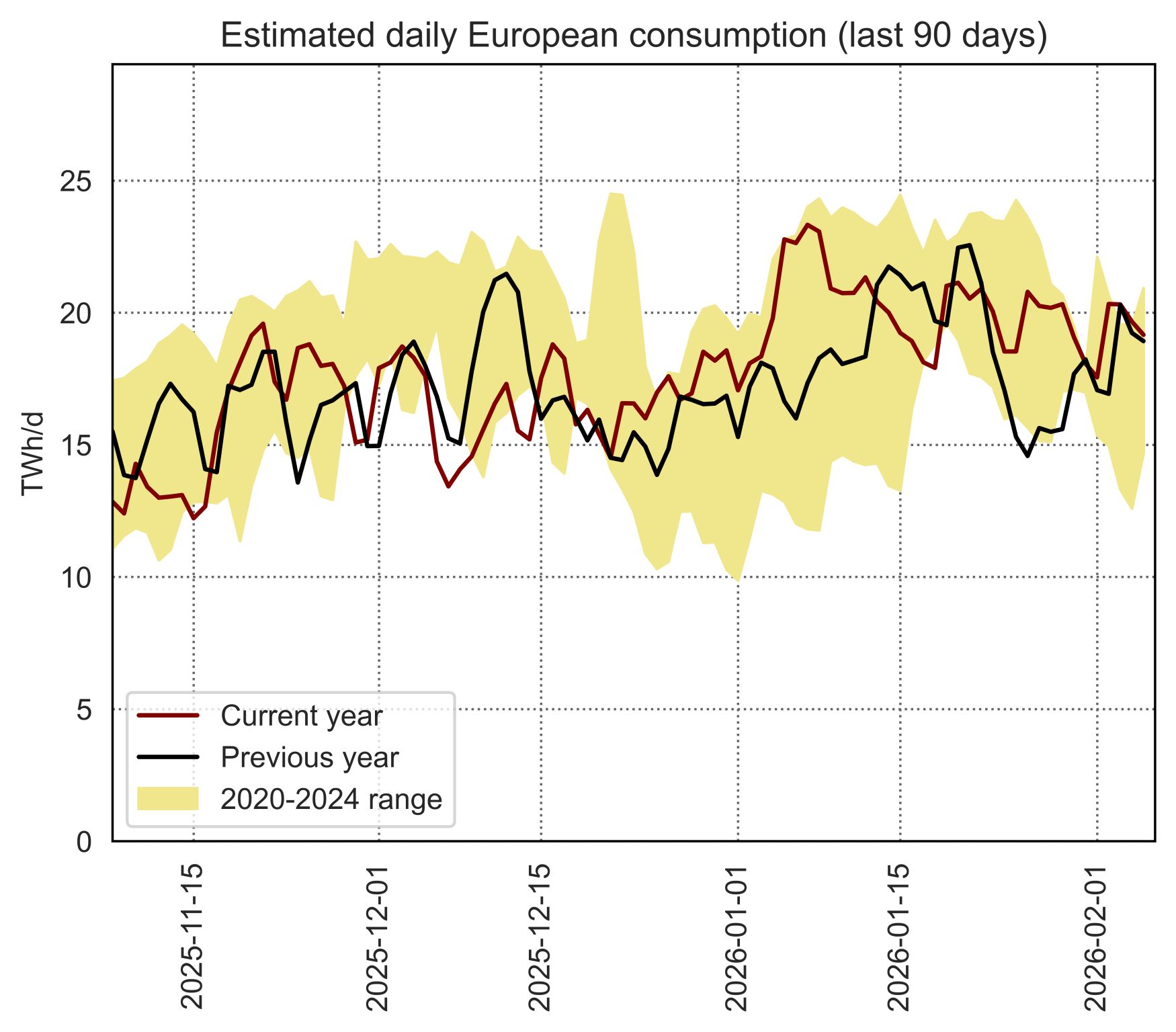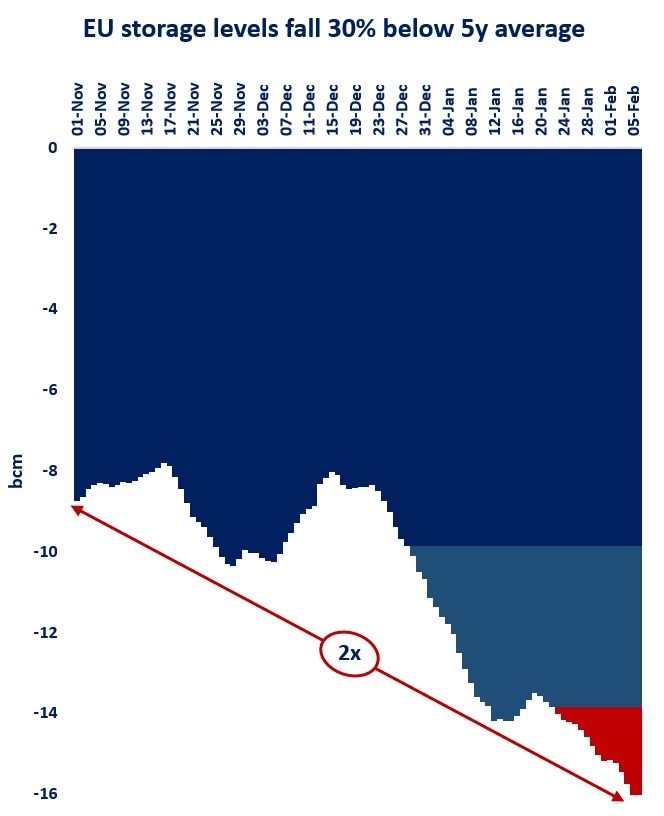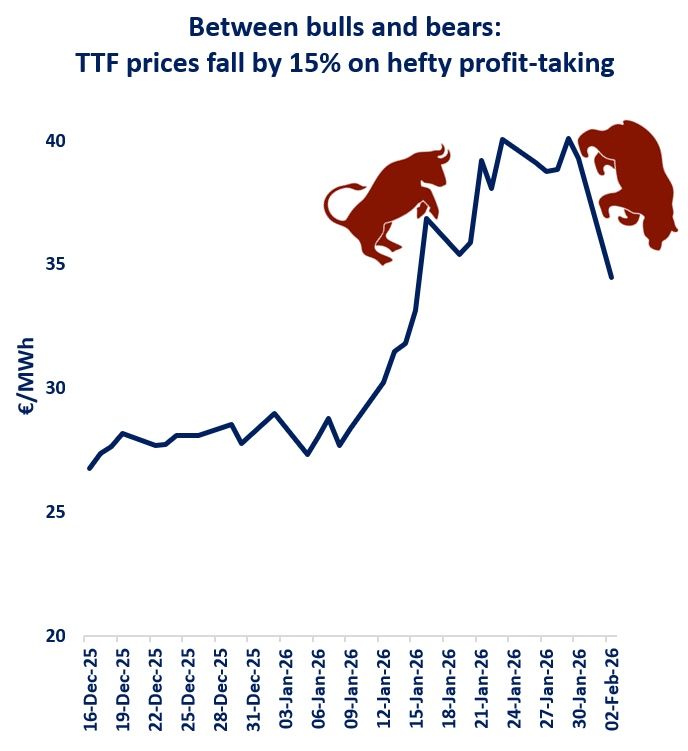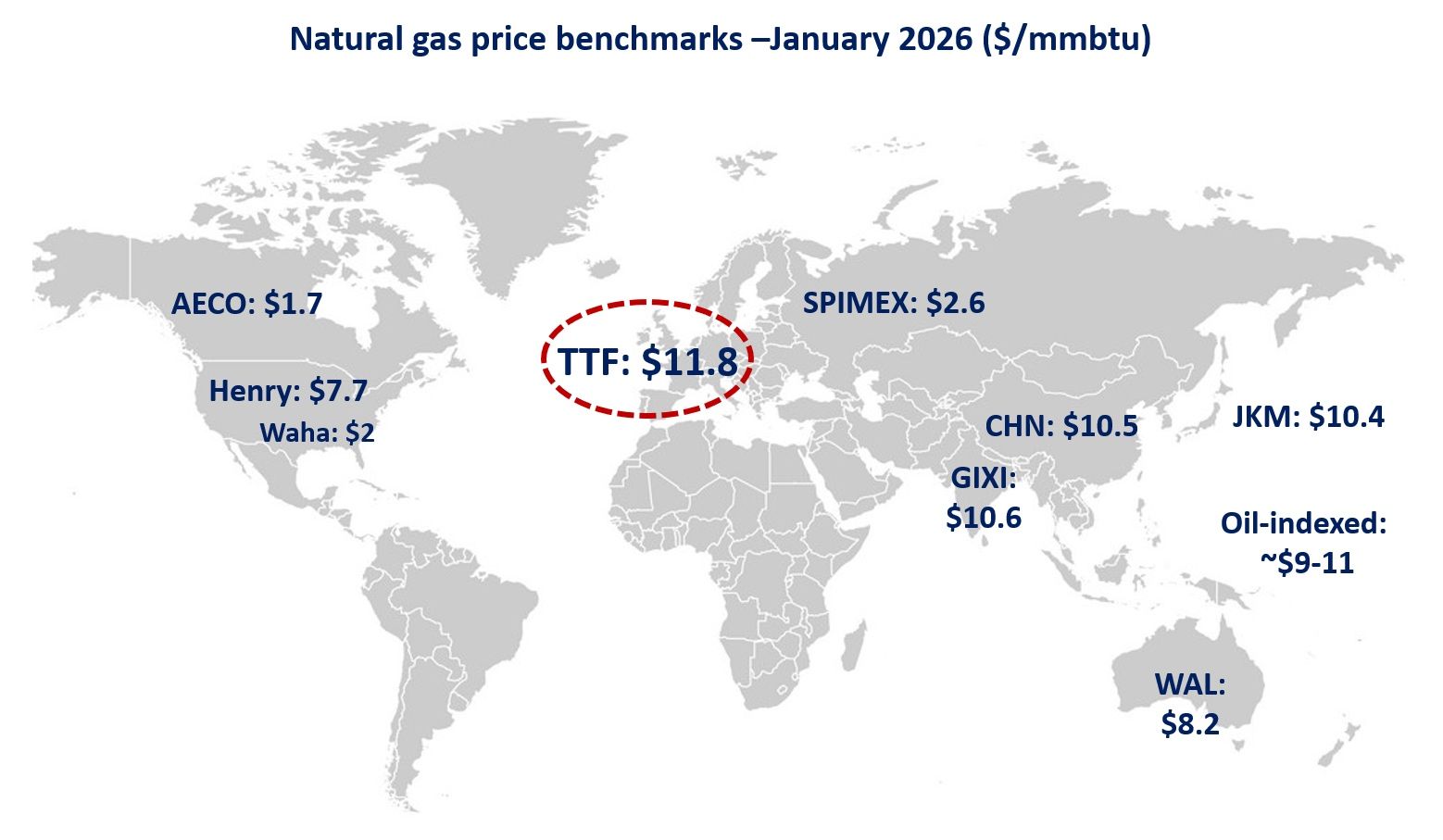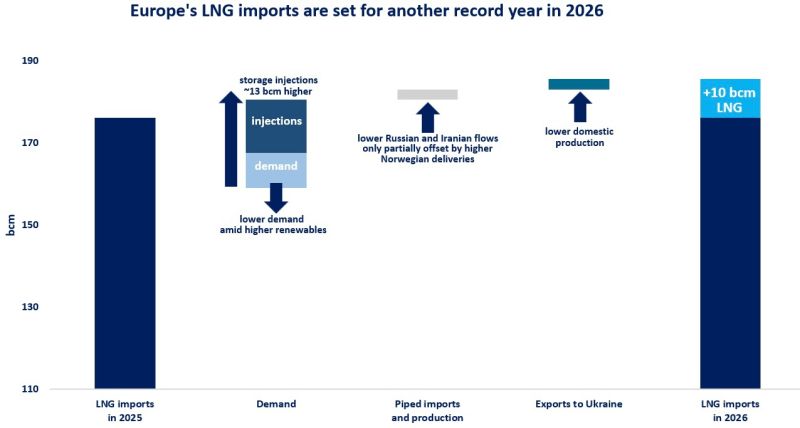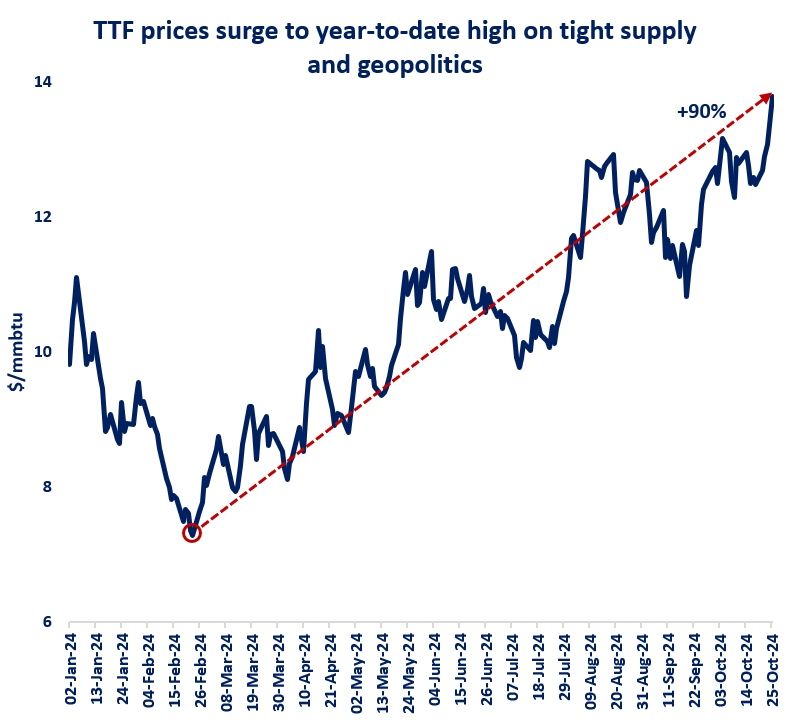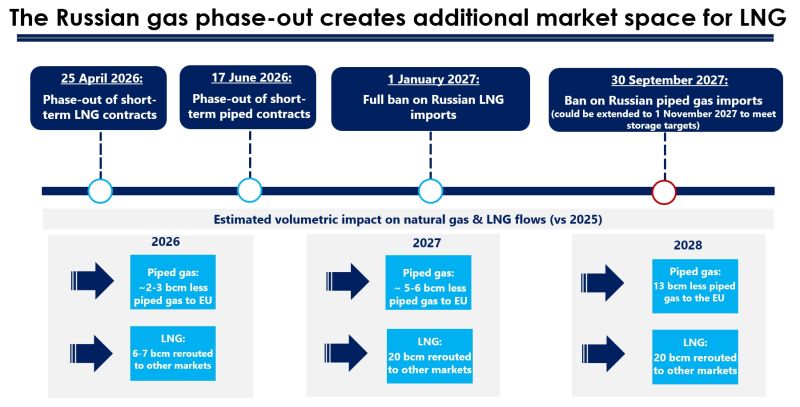

Today (February 15), under the AggregateEU platform for joint gas purchasing, the Commission is launching a first mid-term tender, where buyers will be able to submit their gas demand for multiple 6-month periods running from April 2024 to October 2029.
The mid-term tender is a new service offered by the Commission to match buyers and sellers beyond the short-term crisis we have faced during the past 2 winters. AggregateEU will collect demand from EU energy customers for up to 5 years, and put these demands out to tender.
This mid-term tender aims to ensure stability and predictability of supplies to the participating companies in the coming years, building on the foundations of the crisis mechanism put in place in 2023. It has been launched in response to extensive outreach with key stakeholders.
The new mid-term tender will continue AggregateEU’s work to secure and diversify gas supplies in response to Russia’s war of aggression against Ukraine.
It follows the success of the 4 short-term tendering rounds of joint gas purchasing which took place from April to December 2023 under the EU Energy Platform, and which led to more than 42 billion cubic meters of aggregated European gas demand being matched with reliable suppliers. Short-term tenders will also continue later this year.
The co-legislators have reached a provisional political agreement on the Hydrogen and Decarbonised gases package which will turn the joint purchasing of gas into a permanent instrument.
To participate in this first mid-term tender, buyers and sellers must register and subscribe to the AggregateEU platform. Demand must be submitted by 21 February for this first round, and will be put out to tender from 26 to 27 February. After the demand and supply is matched through the platform, the individual companies negotiate their contract bilaterally.
AggregateEU is the Commission’s flagship initiative for demand aggregation and coordinated gas purchasing at the European level as part of the EU Energy Platform, launched in April 2023, to make the EU’s energy supply more diverse, secure and coordinated.

